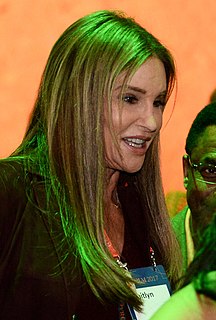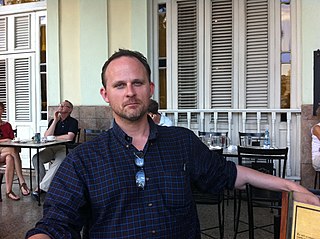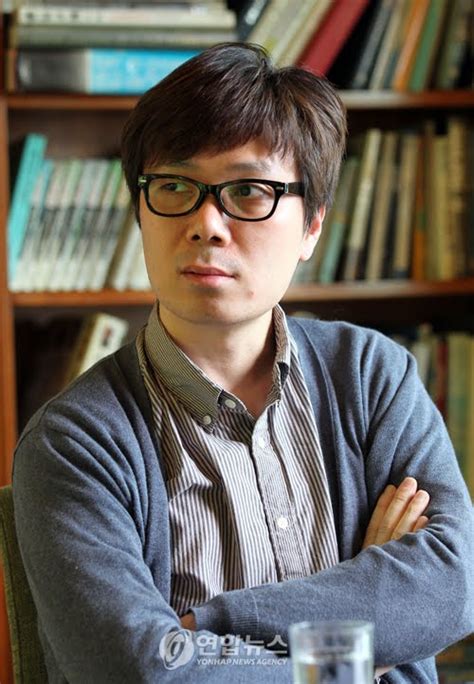A Quote by William Zinsser
All your clear and pleasing sentences will fall apart if you don't keep remembering that writing is linear and sequential, that logic is the glue that holds it together, that tension must be maintained from one sentence to the next and from one paragraph to the next and from one section to the next, and that narrative - good old-fashioned storytelling - is what should pull your readers along without their noticing the tug.
Related Quotes
Writing is linear and sequential; Sentence B must follow Sentence A, and Sentence C must follow Sentence B, and eventually you get to Sentence Z. The hard part of writing isn't the writing; it's the thinking. You can solve most of your writing problems if you stop after every sentence and ask: What does the reader need to know next?
To me, the definition of focus is knowing exactly where you want to be today, next week, next month, next year, then never deviating from your plan. Once you can see, touch and feel your objective, all you have to do is pull back and put all your strength behind it, and you'll hit your target every time.
There is no ideal length, but you develop a little interior gauge that tells you whether or not you're supporting the house or detracting from it. When a piece gets too long, the tension goes out of it. That word?tension?has an animal insistence for me. A piece of writing rises and falls with tension. The writer holds one end of the rope and the reader holds the other end?is the rope slack, or is it tight? Does it matter to the reader what the next sentence is going to be?
The future turns out to be something that you make instead of find. It isn't waiting for your arrival, either with an arrest warrant or a band, nor is it any further away than the next sentence, the next best guess, the next sketch for the painting of a life portrait that might become a masterpiece. The future is an empty canvas or a blank sheet of paper, and if you have the courage of your own thought and your own observation, you can make of it what you will.
You must know that in any moment a decision you make can change the course of your life forever, the very next person who you stand behind in line or sit next to on an aeroplane, the very next phone call you make or receive, the very next movie you see or book you read or page you turn could be the one single thing that causes the floodgates to open, and all of the things that you've been waiting for to fall into place.
Live in the present. The past is gone; the future is unknown -- but the present is real, and your opportunities are now. You must see these opportunities; they must be real for you. The catch is that they can't seem real if your mind is buried in past failures, if you keep reliving old mistakes, old guilts, old tragedies. Fight your way above the many inevitable Traumatizations of your ego, escape damnation by the past, and look to the opportunities of the present. I don't mean some vague moment in the present -- next week or next month, perhaps. I mean today, this minute.
I just wanted to speak to you about something from the Internal Revenue Code. It is the last sentence of section 509A of the code and it reads: 'For purposes of paragraph 3, an organization described in paragraph 2 shall be deemed to include an organization described in section 501C-4, 5, or 6, which would be described in paragraph 2 if it were an organization described in section 501C-3.' And that's just one sentence out of those fifty-seven feet of books.
Why do you live in your body like you will be given another? As if it were temporary. You starve it, you let anyone touch it, you berate it. Tell it that it should be completely different. You tug at your soft flesh, wish it thinner, wish it gone. You fall in love with those who praise the way it sighs under their hands, but who praises the way it holds up your weight, even when you are falling apart?





































